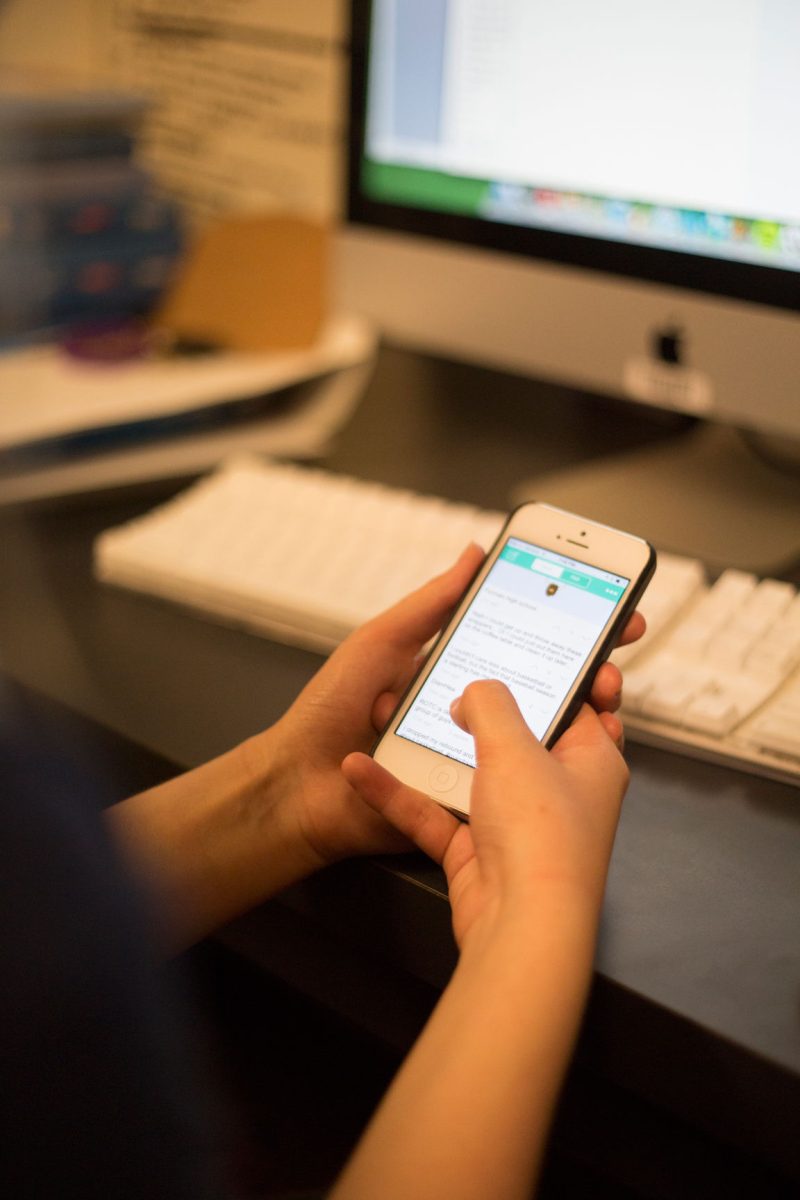“With anonymity comes a lot of responsibility.”
Brooks Buffington, a Furman alumnus and one of the creators of Yik-Yak, showed his true colors — clearly not a DC Comics guy — when he nearly quoted Ben Parker in an interview with CNN, defending his app from allegations that it makes cyber bullying far too easy.
Yik Yak, a mobile phone app that’s been growing in popularity at Furman, is essentially an anonymous Twitter. Users have 200 characters to say whatever they want, and once you send out a post — which are called “Yaks” — 500 people within a five-mile radius of your phone can see it, up vote it, down vote it, report it, comment on it, or ignore it.

The app is user friendly and requires no information, logins, or sign-ups, making it readily accessible for college students.
While the anonymity is what most people talk about, much of the app’s appeal comes from the fact that it is location based. There are arguments to be made for Yik Yak as a community-building network because, while not every Furman student has it, the Yaks that Furman Yakkers see are all from their fellow students.
Even in the context of anonymous dialogue, Yik Yak is still facilitating an ongoing discussion among Furman students.
Yaks are perhaps most commonly used to crack jokes, make observations, voice complaints, warn other students when to avoid the DH, and spread the good news when the DH is particularly good (such as accepted students day).
While a cursory glance at the app reveals nothing objectionable, it has garnered a great deal of media attention because of a recent trend of cyber bullying. The anonymity of the app provides a veil for bullies to attack others without fear of repercussions.
Later in the interview with CNN, Buffington, who was addressing problems associated with Yik Yak use in middle schools and high schools around the country, said “college kids have the maturity that it takes to handle those responsibilities.”
It remains to be seen whether 18-22 year olds are more responsible than middle schoolers in navigating an anonymous social media app like Yik Yak.
Yik Yak is now facing many of the same problems that Myspace, Facebook, and, to a lesser extent, Twitter, have faced. The anonymity that is the primary appeal of the app gives people an outlet for venting frustrations, which, while it may be annoying for most, can be useful for an individual in the same way that diaries or creative writing provide catharsis. Problems arise when those frustrations are directed at particular people and organizations.
Communication Studies Department Chair Dr. Rich Letteri gave a professional’s perspective on the potential trouble that Yik Yak could cause.
“I think [bullying’s] ultimately possible, and I think that people could take advantage of it,” Letteri said.
“If there’s a culture that endorses that kind of bullying, then that’s going to continue, but you [can also] establish a culture that says, as soon as someone starts bullying someone else, you’re going to put the dislikes.”




































